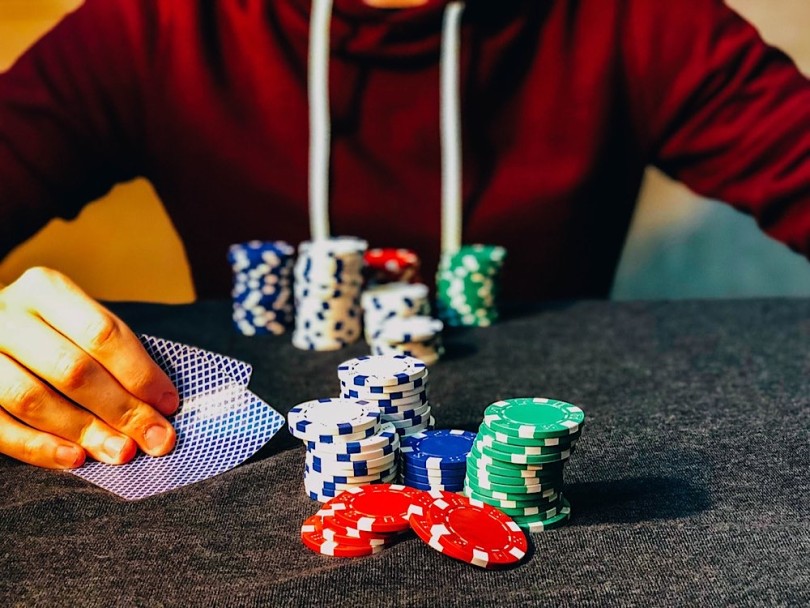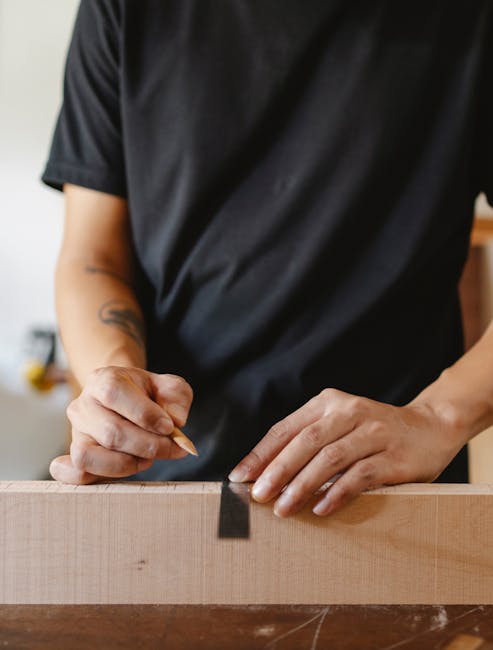Poker is a very old game, dating back either several hundred years or perhaps more than 1,000, depending on which account you go with. It is perhaps most common to see the origin of poker traced back to the 16th century, and a Persian card game that evolved into the game we know today. Over the course of that evolution though, the game has spread out so much that it now has deep roots in various aspects of modern society.
Many hear “poker” and think of casual games with friends, perhaps after school or in college dormitories. Others associate the game with real-money online competition spread out across the world. Plenty of people’s closest connection to poker is through televised professional tournaments, and there are of course others who think about trips to live casinos (and Las Vegas specifically) when they consider poker. In short, the game covers a range of associations in different formats and venues all around the world.
Amidst all of these associations though, one of the most interesting things about poker is that it can also be looked at as more than a game. Like so many other old games (chess, solitaire, various types of puzzle and word games, etc.), it can also be approached as a mental exercise of sorts. And in particular, there are various ways in which poker demonstrates incredible instructive power with regard to the development of a positive and proactive outlook.
“Next Play” Philosophy
The “next play” philosophy is actually an idea that comes from legendary college basketball coach Mike Krzyzewski, and which has been further popularized via LinkedIn CEO Jeff Weiner — meaning it originally has nothing to do with poker. It is also a fairly simple concept, but an incredibly useful one. Basically, “next play” is a term describing the effort and ability to move past whatever has just happened and approach your next challenge with a clear, fresh perspective. This is something poker players have to learn if they’re to have any success, because dwelling on a loss or celebrating a win too much can affect play negatively. It’s an excellent philosophy to take into everyday life as well, and one that can play a significant role in helping you to maintain a level head and positive outlook. Focusing on the “next play” stops you from dwelling, and gives you a fresh opportunity to make the most of each new challenge or opportunity.
Acting Without Ego
In addition to developing an ability to move on to the “next play,” learning how to win at poker entails finding a way to act without ego. Beyond actual game strategies, this is one of the core factors that is brought up by those with experience in poker, and it’s another lesson that extends into real life and makes for a more positive outlook. In poker, playing with ego typically leads to a sullen disposition, because some failure is virtually inevitable, and it begins to feel persona. Playing without ego keeps the game purely strategic and analytical, and allows for a more measured, optimistic state of mind. Generally speaking, the same holds true in day-to-day life. Going about your life without allowing your ego to direct you enables you to stay positive in the face of misfortune or failure — avoiding bouts of self-doubt, disappointment, or sullen disposition that so many of us merely accept as part of life.
Continual Learning
The drive to never stop learning is something we’ve written about in the past as part of developing a consistent ability to think positive and maintain a strong mind. It may sound obvious, but making an effort to continue learning new things on a regular basis keeps the mind sharp, and will indirectly keep you open to new experiences and ideas. And a hobby like poker (or in this case any number of other challenging games in fact) can essentially serve as a vessel for regular learning. No two games of poker are exactly alike, which means that there is often an opportunity to pick up a new idea or hone a developed strategy based on fresh experience. Now ideally this won’t be the only way in which you strive to keep learning, but it’s certainly an interesting option.
Given all of the aforementioned associations people have with poker, it’s easy to think of it purely in competitive terms. But you don’t have to play for money or work your way onto a pro circuit to enjoy the game. Playing in your own preferred way on a regular basis carries its own benefits, and can be just as effective as any number of other personal hobbies and mental exercises at building up an active mind and positive outlook.







